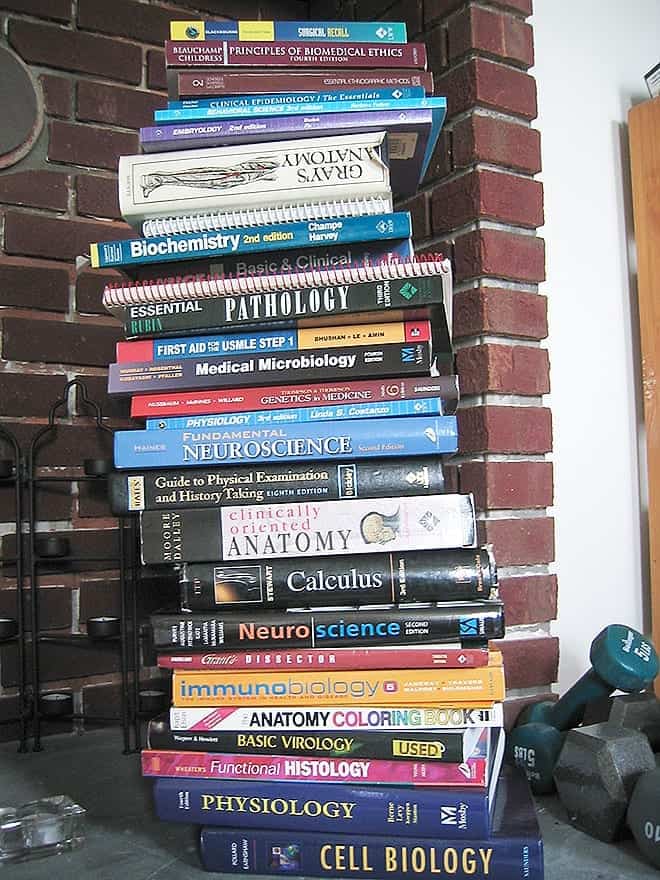Open Access provides free online texts

Program aims to reduce student spending on educational resources
Students in first and second-year classes at the University of Regina are in luck: they may be able to access some of their textbooks for free online.
This model, previously used in BC, provides open access to textbooks through a system called “BC Campus,” which has had generated positive reviews from students. BC Campus now offers 136 open access texts.
In late September of 2015, the Government of Saskatchewan announced it would provide nearly $85,000 to support open access to textbooks. This funding will be used to cover costs associated with publishing, developing teaching aids or other instructional supports, and collaborating with other post-secondary institutions.
“The Government of Saskatchewan is committed making education more affordable for students,” Advanced Education Minister Scott Moe said. “This is another innovative way to support students and make education more accessible.”
Tom Chase, Provost of the U of R, says, “Another aspect of [Open Access] is sustainability. Right now, we are purchasing textbooks and getting them transported to our university and then transporting the ones we don’t sell back. With open access texts, people can access them online.”
The plan is for professors to create materials that can replace commercial textbooks. This will reduce the cost for students taking introductory courses and reduce the cost of university overall.
In the end, Chase admits that professors decide which texts they use, so ultimately it will be up to professors to adopt the Open Access texts.
When asked if courses will be labeled if they use Open Access texts, Chase said that it hadn’t been brought up but that it is something that should be considered. Labeling of classes using open source texts could provide incentive for students to take those classes and, in extension, provide incentive for professors to try to attract students by using Open Access texts.
Chase also noted that the University hopes to provide low cost options to have textbooks printed.
“We recognize that lots of students still prefer something tangible, so we are hoping to have a publisher nearby who can offer a print version of the texts for people who want that.”
According to Chase, Open Access textbooks will only be used if they are the same quality as the commercially available texts. The plan is to start with high-enrolment first and second-year classes.
At this point, no textbooks have been created, but Bruce Walsh of University of Regina Press says, “We are committed to producing as many Open Access materials as resources permit. We believe Open Access books help level the playing field between the haves and have-nots, spur more research and publishing, and will lead to a renaissance in academic inquiry.”
Ingrid Helmeczi, a fourth-year history student, says, “[Open Access] seems like kind of a waste. When you’re in a 100- or 200-level course, you don’t even necessarily need a textbook. A lot of it is survey, or general information. I think it would make more sense for higher-level classes. If it’s a math textbook, though, it might be beneficial.”
High school students seem to be on board. Natalie Fawcett, a high school student at Miller High School, says, “I think that is a great idea.”
Fellow student Wambui Kagnethe says, “Free, I like free.”










